Why so many Thais were captured by Hamas
How Israel's need for migrant labour exposed Thai workers to danger
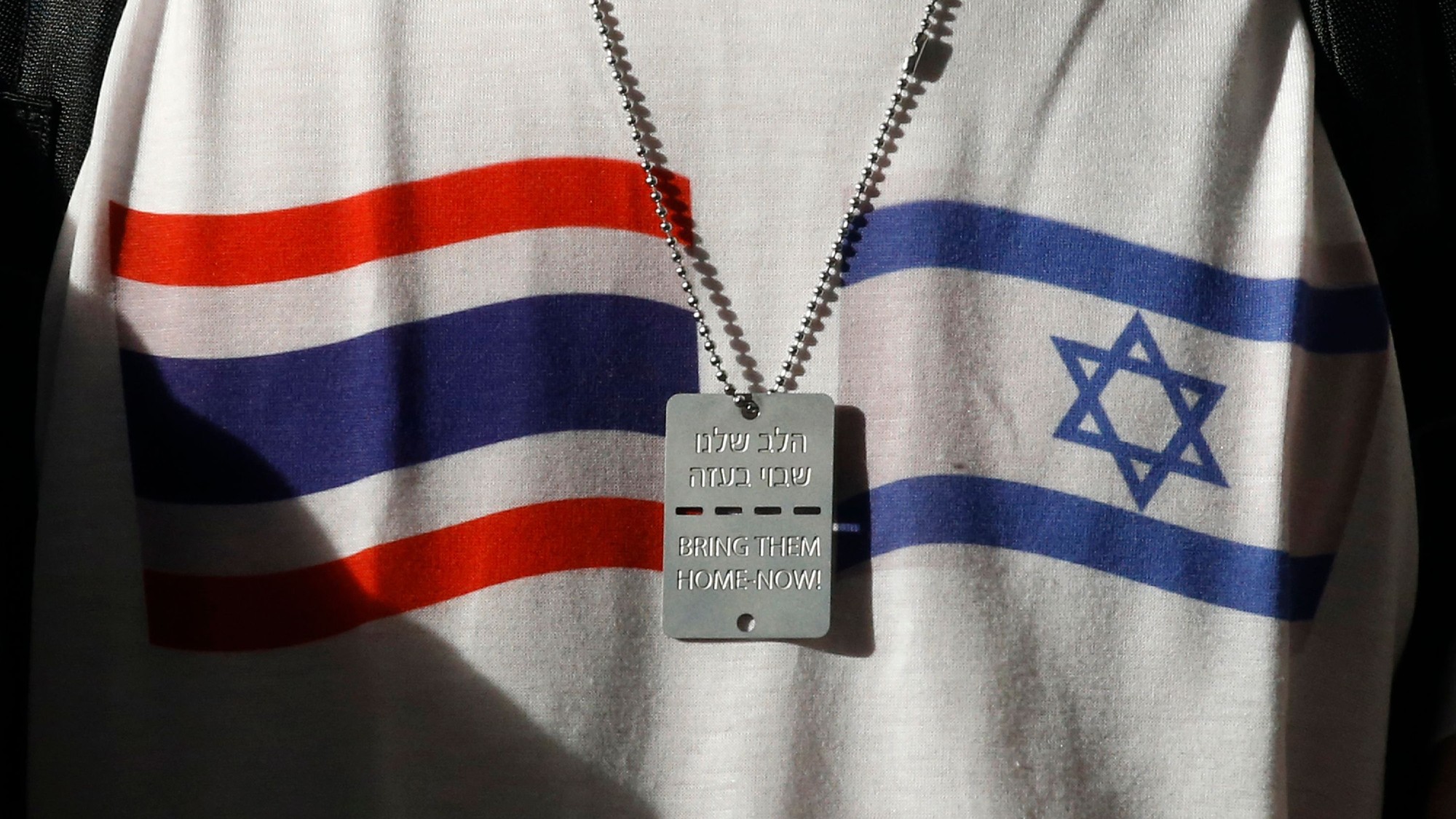
A free daily email with the biggest news stories of the day – and the best features from TheWeek.com
You are now subscribed
Your newsletter sign-up was successful
Five Thai nationals held by Hamas were released last week, meaning nearly all the Thai hostages seized during the attack on 7 October have now been freed.
These hostages were part of a community of tens of thousands of Thai agricultural labourers working in Israel, where they can earn up to five times more than they can at home – but not without running a number of risks.
Strategic recruitment of workers
Thai workers started arriving in Israel during the late 1980s. Previously, Israel had "relied heavily" on labour from Palestinian workers but it started "bringing in large numbers of migrant workers" after the start of the Palestinian uprising known as the first Intifada, said AP.
The Week
Escape your echo chamber. Get the facts behind the news, plus analysis from multiple perspectives.

Sign up for The Week's Free Newsletters
From our morning news briefing to a weekly Good News Newsletter, get the best of The Week delivered directly to your inbox.
From our morning news briefing to a weekly Good News Newsletter, get the best of The Week delivered directly to your inbox.
In the face of the Palestinian violence, it was a "strategic decision" to replace Palestinian workers with migrant ones, so Israel "wouldn't have this dependence", research anthropologist Matan Kaminer told Nikkei Asia.
By 1992, there were thousands of Thai agricultural "trainees" and "volunteers" in Israel, according to Kaminer. They are almost all male, and generally come from poorer areas of Thailand, especially the northeast.
The main driver for these men to seek work in Israel is that they can earn significantly more than they can in Thailand. Working on Israeli farms, Thais can pocket around $1,000 USD (£800) per month, compared to less than $200 (£160) at home. But wages are still low by Israeli standards, and the workers face other serious issues.
Unsafe working conditions
In 2020, a report from the workers' rights NGO Kav LaOved found that 83% of Thais in Israel were paid below the legal minimum wage, that many did not receive legally assured entitlements, and that they faced unsafe working conditions and lack of access to medical care.
"Similar issues" were reported by Human Rights Watch in 2015 and, in 2022 , a US State Department Trafficking in Persons Report described "the treatment of some Thai workers in Israel's agricultural sector as forced labour", said the Financial Times.
A free daily email with the biggest news stories of the day – and the best features from TheWeek.com
Things got much more serious on and after 7 October, when 40 Thai nationals were killed by Hamas, and 54 were taken hostage – "almost a quarter of the total of 220 captives". Most of the hostages were released in November 2024. After the release of five more last week and the reported death of two, it's thought only one remains captive.
In the aftermath of 7 October, some 7,000 Thais returned home, "primarily on Thai government evacuation flights", said AP. In the face of this new labour shortage, Israel's agriculture ministry announced new incentives, including extended work visas and pay bonuses of about $500 (£400) a month.
The perks promise is working: during 2024, Thailand's Labour Ministry granted 3,966 Thais permission to work in Israel. And last week, the Thai ambassador to Israel announced that there are now more than 38,000 Thai workers in the country, said AP.
Chas Newkey-Burden has been part of The Week Digital team for more than a decade and a journalist for 25 years, starting out on the irreverent football weekly 90 Minutes, before moving to lifestyle magazines Loaded and Attitude. He was a columnist for The Big Issue and landed a world exclusive with David Beckham that became the weekly magazine’s bestselling issue. He now writes regularly for The Guardian, The Telegraph, The Independent, Metro, FourFourTwo and the i new site. He is also the author of a number of non-fiction books.
-
 The environmental cost of GLP-1s
The environmental cost of GLP-1sThe explainer Producing the drugs is a dirty process
-
 Greenland’s capital becomes ground zero for the country’s diplomatic straits
Greenland’s capital becomes ground zero for the country’s diplomatic straitsIN THE SPOTLIGHT A flurry of new consular activity in Nuuk shows how important Greenland has become to Europeans’ anxiety about American imperialism
-
 ‘This is something that happens all too often’
‘This is something that happens all too often’Instant Opinion Opinion, comment and editorials of the day
-
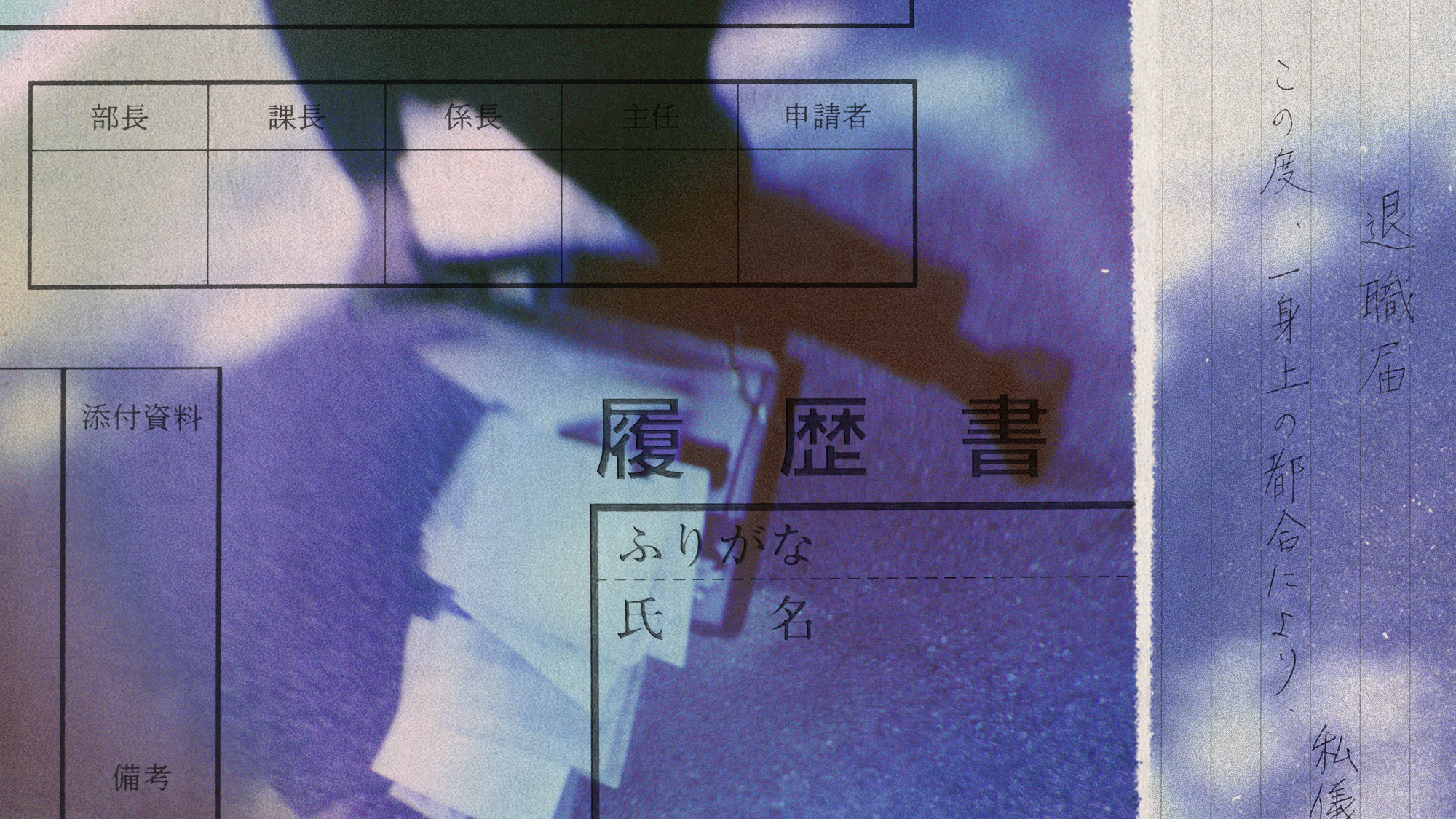 Why quitting your job is so difficult in Japan
Why quitting your job is so difficult in JapanUnder the Radar Reluctance to change job and rise of ‘proxy quitters’ is a reaction to Japan’s ‘rigid’ labour market – but there are signs of change
-
 Why Saudi Arabia is muscling in on the world of anime
Why Saudi Arabia is muscling in on the world of animeUnder the Radar The anime industry is the latest focus of the kingdom’s ‘soft power’ portfolio
-
 Is Trump's tariffs plan working?
Is Trump's tariffs plan working?Today's Big Question Trump has touted 'victories', but inflation is the 'elephant in the room'
-
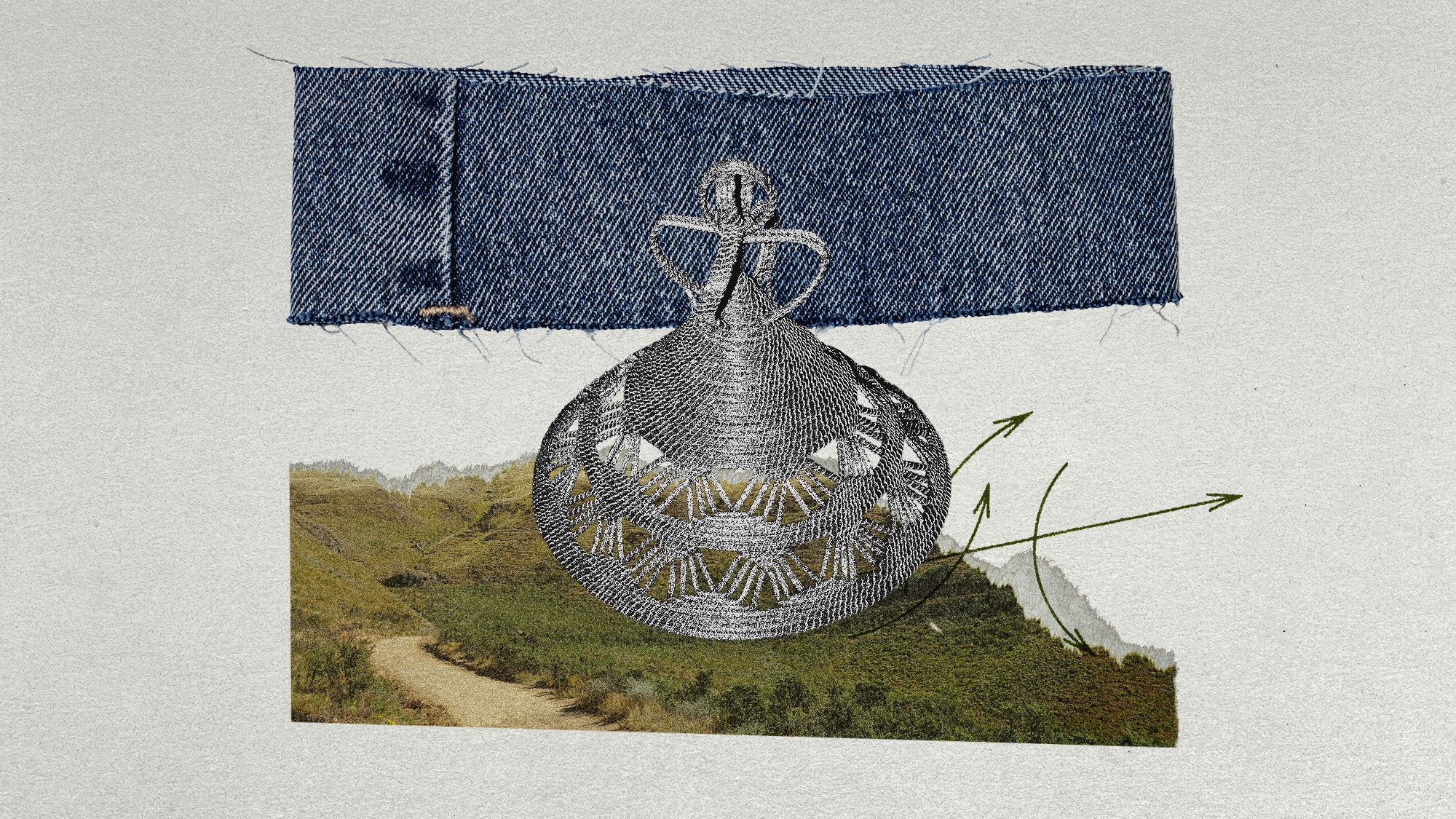 Lesotho: the tiny African nation in the crosshairs of Trump's tariff war
Lesotho: the tiny African nation in the crosshairs of Trump's tariff warUnder the Radar US president imposes 50% reciprocal levy on the impoverished state: the highest of his so-called 'Liberation Day' tariffs
-
 Are free trade zones and alliances the answer to Trump's tariffs?
Are free trade zones and alliances the answer to Trump's tariffs?Today's Big Question Temptation is to retaliate with trade barriers, but most agree nations should focus on targeted trade pacts and strengthening cooperation
-
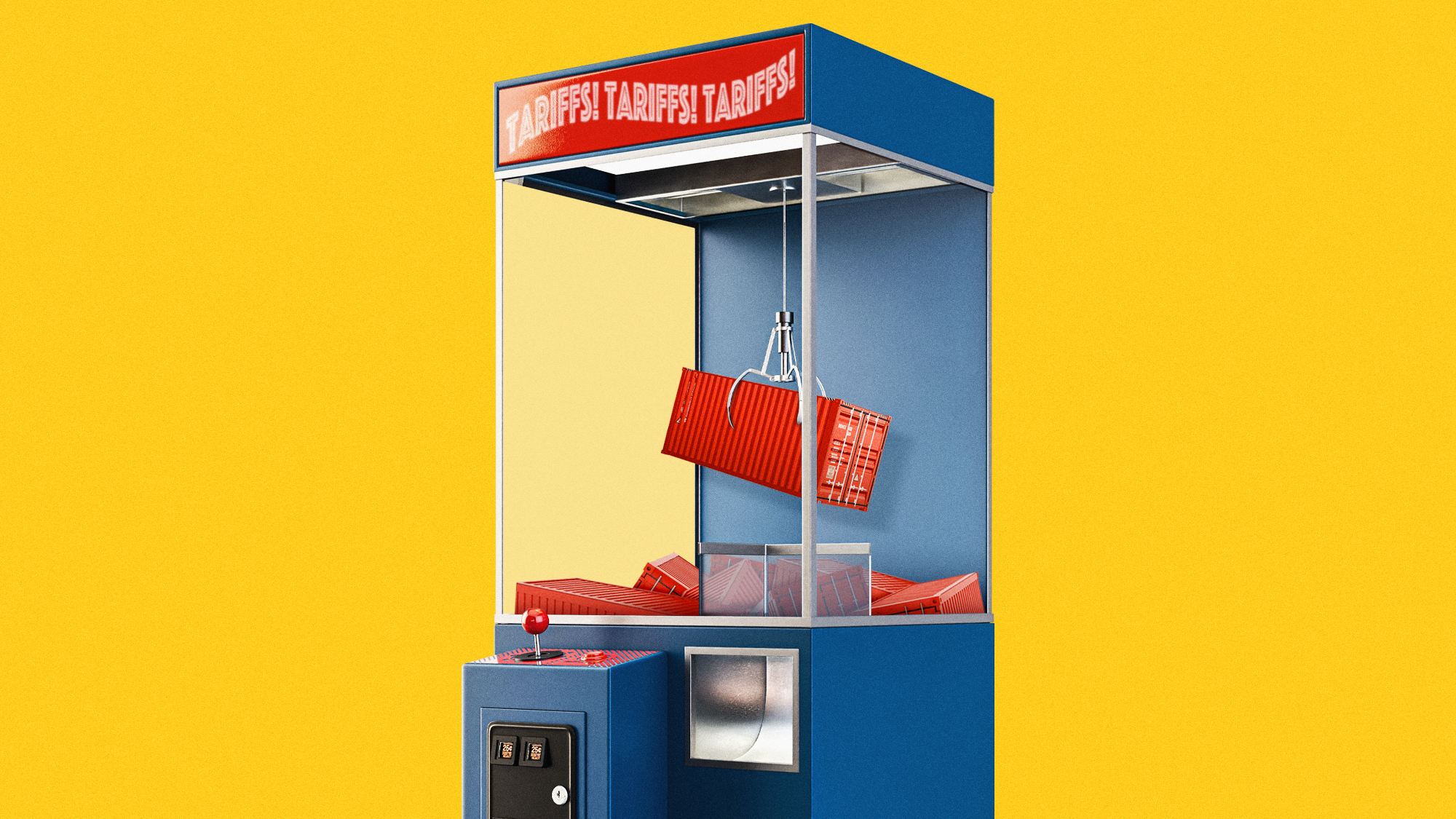 Trump tariffs: five scenarios for the world's economy
Trump tariffs: five scenarios for the world's economyThe Explainer A US recession? A trade war with China? How 'Liberation Day' could realign the globe
-
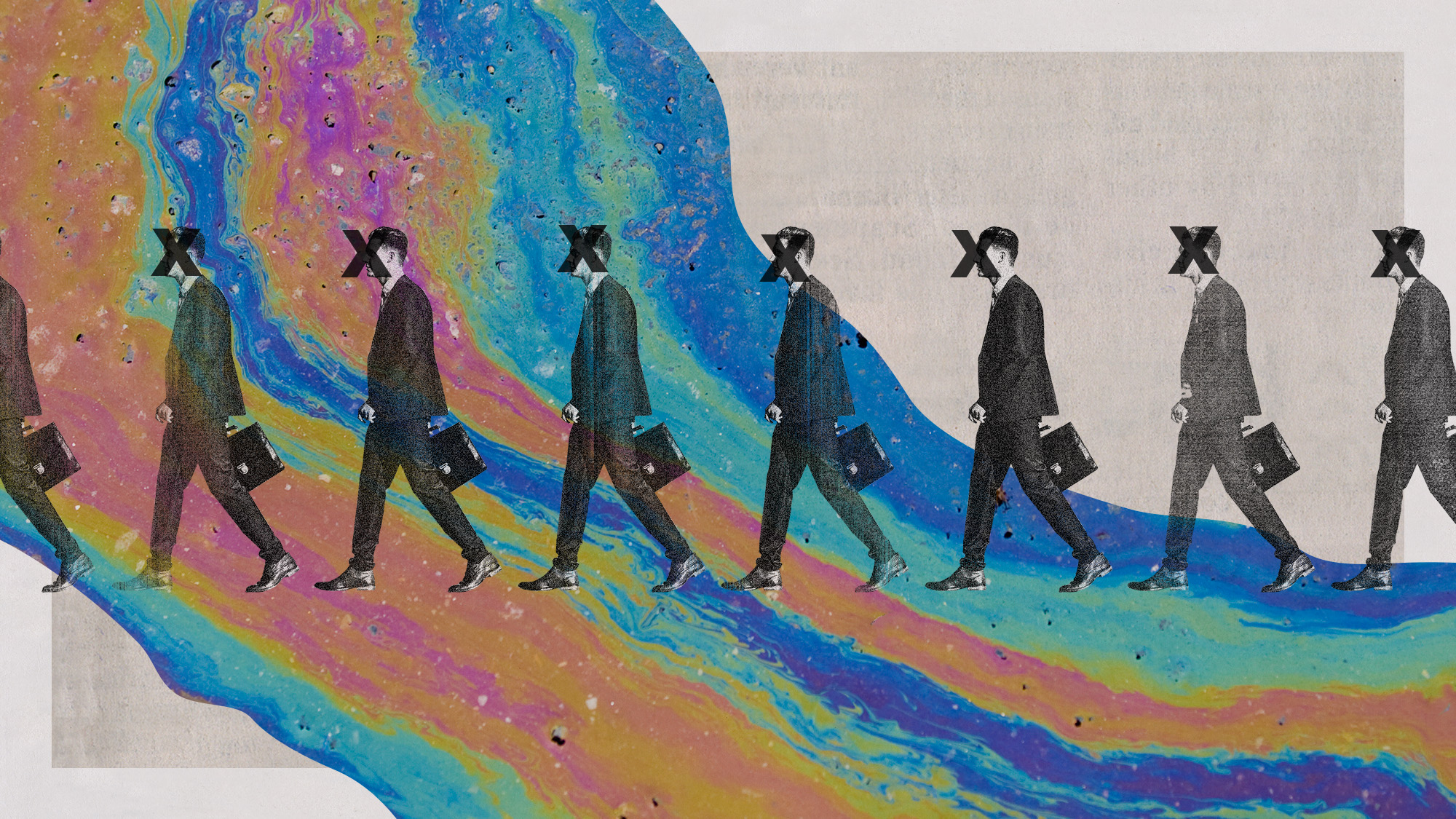 Why do Russian oil bosses keep dying?
Why do Russian oil bosses keep dying?Under the Radar There have been 'at least 50' mysterious deaths of energy company executives since Putin ordered Ukraine invasion
-
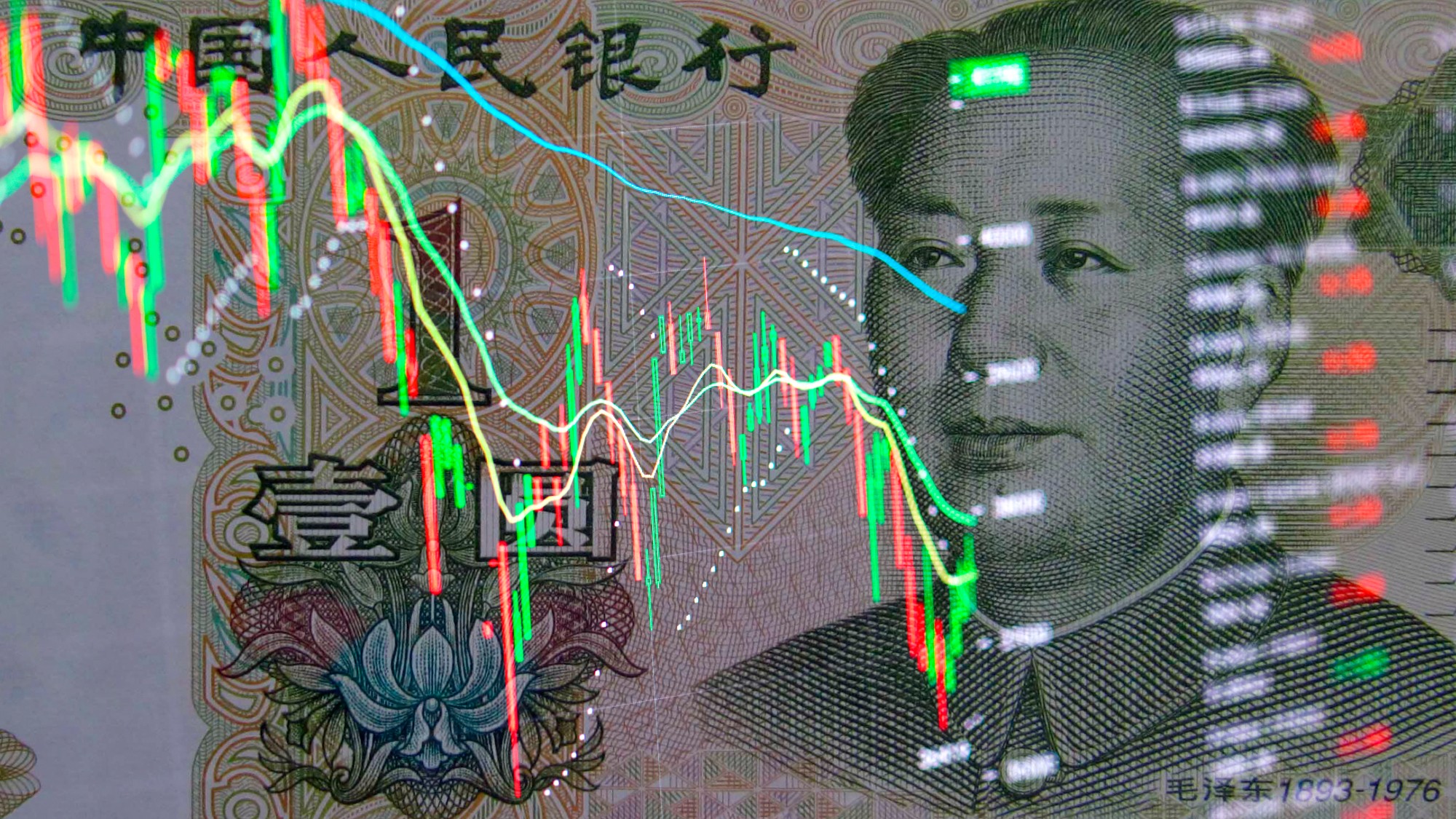 A new stimulus might (or might not) jump-start China's economy
A new stimulus might (or might not) jump-start China's economyTalking Points Fears of social instability drive rate cuts